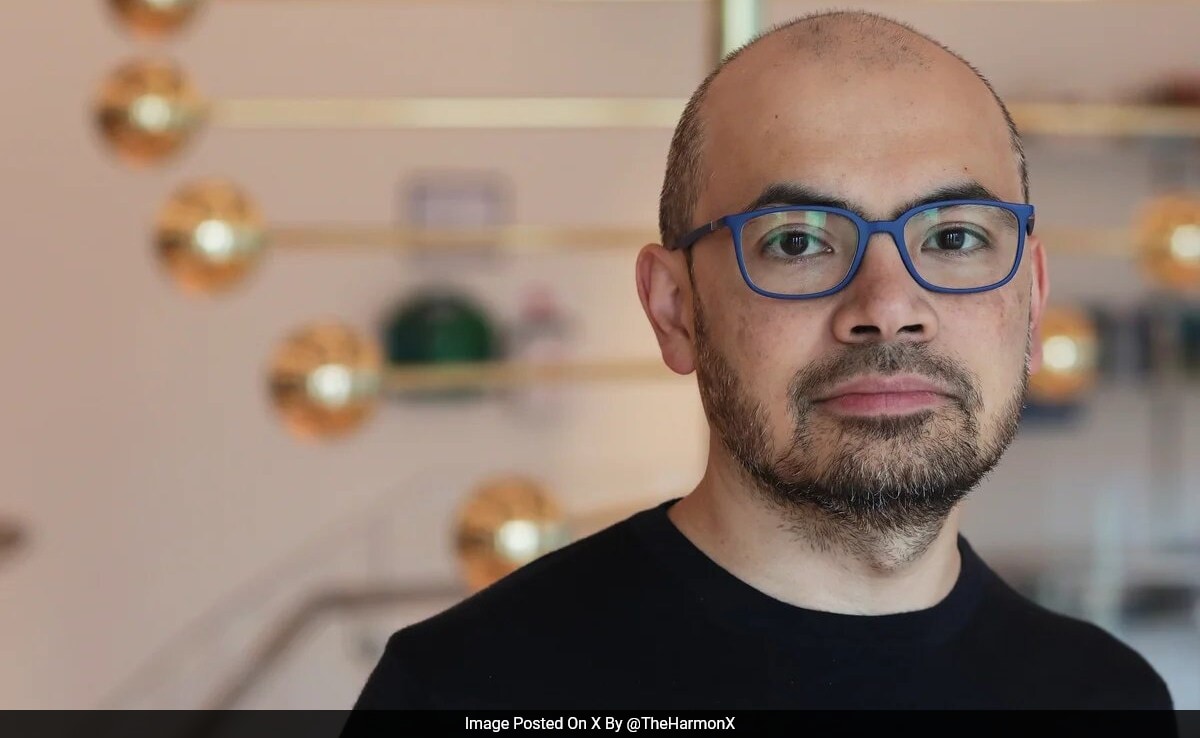Bill Gates Commits Billions from Fortune to Support African Development

Bill Gates, Chair of the Bill & Melinda Gates Foundation, announced a monumental commitment to Africa's future during an address on June 2, 2025, at the Nelson Mandela Hall, located at the African Union (AU) headquarters in Addis Ababa, Ethiopia. The event, marking the foundation’s 25th anniversary of work in Africa, was streamed live by Africa.com and attended by over 12,000 government officials, diplomats, health workers, development partners, and youth leaders, both in person and online. Gates declared that Africa will be the largest beneficiary of the $200 billion the foundation plans to disburse over the next two decades, spanning up to 2045.
Gates, reportedly worth about $175 billion and having recently stated his intention to donate 99 percent of his total wealth, confirmed that the majority of this $200 billion pledge—first revealed on May 8—will be dedicated to addressing critical challenges on the African continent. This significant investment prioritizes nations that actively invest in the health and well-being of their citizens. The Bill & Melinda Gates Foundation, co-founded by Gates and Melinda French Gates in 2000, has already disbursed more than $100 billion globally since its inception.
A central theme of Gates' address was the indispensable role of African leadership, ingenuity, and partnership in driving the continent’s health and economic future. He urged African leaders to seize the current moment to accelerate progress through innovation and collaboration, despite global headwinds. Supporting this call, Dr. Ngozi Okonjo-Iweala, Director-General of the World Trade Organisation (WTO), emphasized that Africa’s health progress stems from strong government leadership, resilient communities, and effective partnerships, noting that life expectancy in Sub-Saharan Africa has risen from 53 to 62 years this century, while infant mortality has more than halved. Amina Mohammed, Deputy Secretary General of the United Nations, added that Africa now needs partners in development rather than mere helpers. Mrs. Graça Machel, a renowned advocate for women and children, described the current situation as a “moment of crisis” and highlighted the importance of enduring partnerships, praising Gates’ deep understanding of African challenges and respect for local leadership.
Gates called for a profound focus on primary healthcare, stating that “investing in primary healthcare has the greatest impact on health and wellbeing.” He stressed the critical importance of maternal health, including good nutrition before and during pregnancy, and ensuring children receive good nutrition in their first four years, as these factors make all the difference for lifelong health and productivity. “By unleashing human potential through health and education, every country in Africa should be on a path to prosperity – and that path is an exciting thing to be part of,” Gates asserted.
The transformative potential of artificial intelligence (AI) in African healthcare was another key highlight. Gates pointed to Rwanda’s pioneering use of AI-enabled ultrasound to detect high-risk pregnancies as a model that could revolutionize women’s health across the continent. He observed that Africa’s young innovators are increasingly embracing AI to solve local problems and urged leaders to integrate AI into the next generation of healthcare systems, drawing a parallel to how Africa largely skipped traditional banking to lead in mobile banking.
Gates expressed strong optimism about disease eradication, particularly malaria, believing that with new tools, including novel ways of killing mosquitoes or rendering them incapable of carrying the parasite, it's possible to “completely eradicate malaria” in Africa over the next 20 years. He also recounted the successful eradication of the main type of polio in Nigeria and across Africa by 2016, a feat he attributed to great leadership from individuals like Dr. Muhammad Pate (now Nigeria's Minister of Health) and partnership with philanthropists like Alhaji Aliko Dangote, who worked with traditional and religious leaders. However, Gates cautioned that a variant of polio still circulates, necessitating a redoubling of efforts.
Several African nations were spotlighted for their commendable progress. Gates praised countries like Ethiopia, Rwanda, Zimbabwe, Mozambique, Nigeria, and Zambia for their bold leadership in reducing child mortality and expanding health services. Specific initiatives, such as Ethiopia’s iodine-folic acid double-fortified salt program and Nigeria’s primary healthcare reforms, were cited as examples of data-driven, impactful policies. “When leadership and innovation come together, even the most challenging circumstances can yield scalable solutions,” he remarked.
Gates’ address coincided with his visits to Ethiopia and Nigeria. In Ethiopia, he met with Prime Minister Abiy Ahmed and participated in a roundtable with the Ethiopian Public Health Institute to discuss innovative nutrition programs. His agenda in Nigeria included meeting with President Bola Ahmed Tinubu to discuss primary healthcare reforms and engaging with local scientists and partners on Nigeria’s national AI strategy and scaling up health solutions. These visits underscore the foundation's hands-on approach and commitment to understanding evolving needs. The Gates Foundation has steadily increased its presence in Africa, with offices now in Ethiopia (its first African office, established about 13 years ago), South Africa, Kenya, Nigeria, and Senegal.
The foundation’s commitment over the next two decades will focus on three primary goals: ending preventable deaths of mothers and babies; ensuring the next generation grows up without suffering from deadly infectious diseases; and lifting millions of people out of poverty. This builds on a legacy of over 20 years of work in Africa, which has already contributed to saving over 80 million lives through initiatives like Gavi and the Global Fund to Fight AIDS, Tuberculosis, and Malaria, and has catalyzed over 100 healthcare innovations.
In conclusion, Bill Gates reaffirmed the foundation’s deep and increasing commitment to Africa, stating, “We’ve been here for over 20 years, and we will continue to work side by side with you to build a healthier and more prosperous future.” His address at the Nelson Mandela Hall served as a powerful rallying cry for African leaders, innovators, and global partners to unite and seize the opportunity for transformative progress across the continent, backed by a historic financial pledge and a shared vision for an AI-powered, health-driven prosperity.












